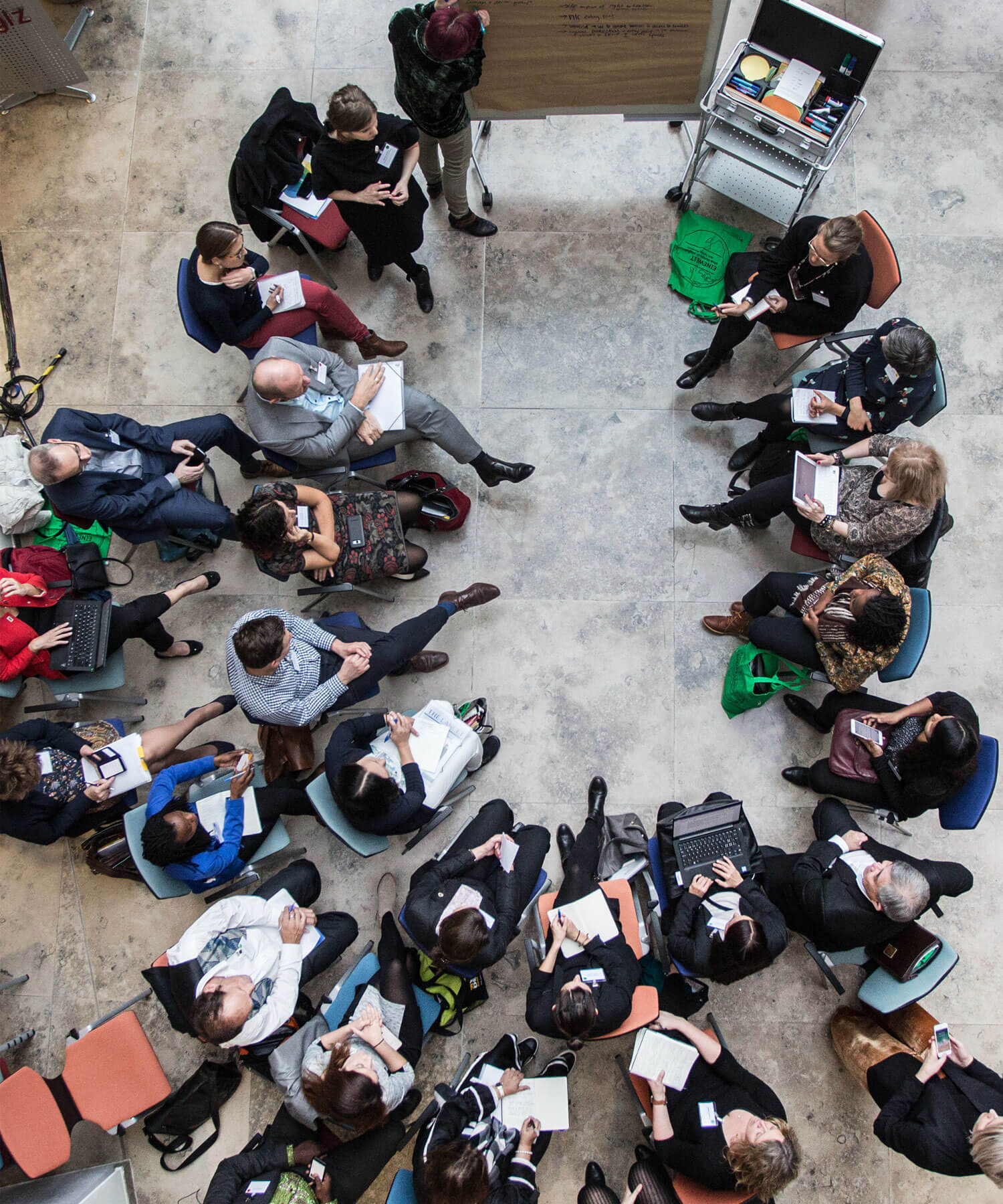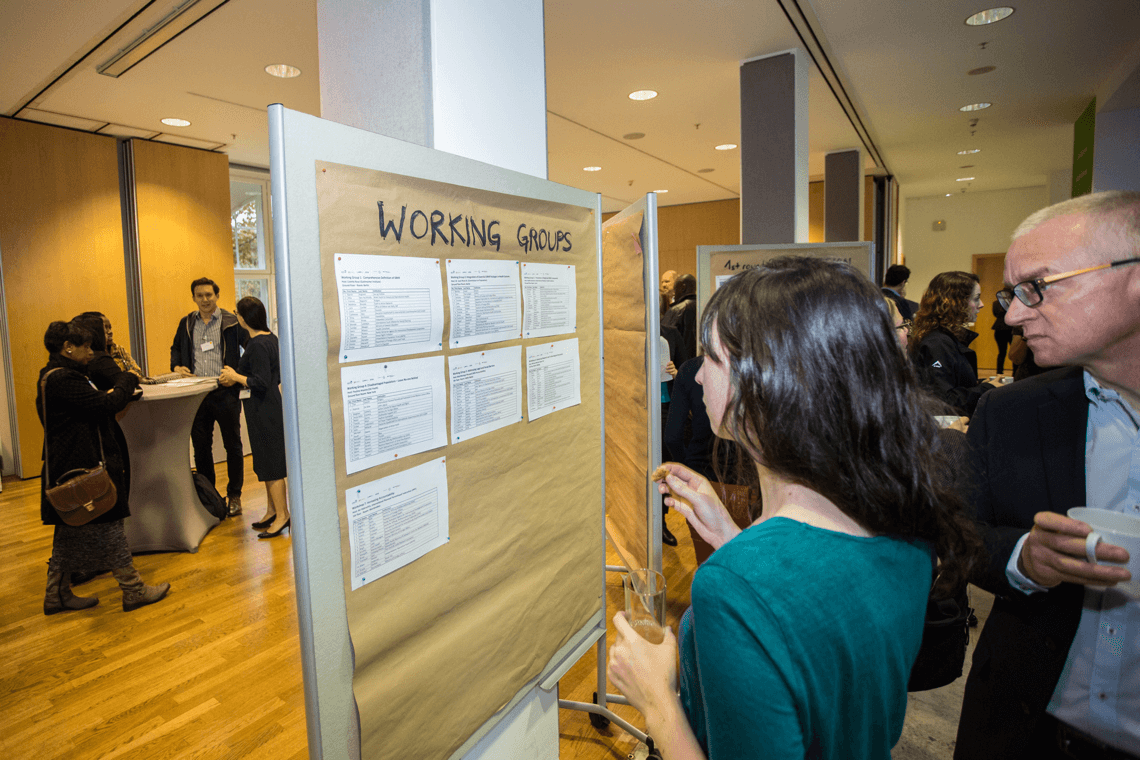
In the afternoon of the first day of the Dialogue, the meeting divided into seven thematic working groups to discuss the importance of the Guttmacher-Lancet Commission’s recommendations for the participants work, to share what they are already doing to implement these recommendations and identify the gaps that need to be addressed.
The seven themes were:
1. A comprehensive definition of SRHR and how this can be put into practice
hosted by Colette Rose, Guttmacher Institute

This working group reflected on the emerging consensus on the areas to be addressed to achieve SRHR for all individuals. This includes that every person can freely define and express their own sexual and gender identity; should also decide whether, when and with whom to be sexually active, to marry or have children, and to have safe and pleasurable sexual experiences. The group also discussed how to ensure that all individuals have access to the information, resources and services they need throughout their lives, and are free from discrimination, coercion, exploitation or violence.
2. Integration of the essential SRHR package in health systems
hosted by Dr. Juan Antonio Perez III, Commission on Population and Development, Philippines

Discussions revolved around what constitutes an essential package of SRHR services and how these can be integrated within existing health and education services. They touched on issues such as comprehensive sexuality education, the provision of antenatal, childbirth and postnatal care or safe abortion and treatment of complications from unsafe abortions. Issues such as the prevention, detection and management of reproductive cancers and infertility and sexual wellbeing were considered, too.
3. Promotion of neglected SRHR components
hosted by Rachel Jacobson, International Women’s Health Coalition
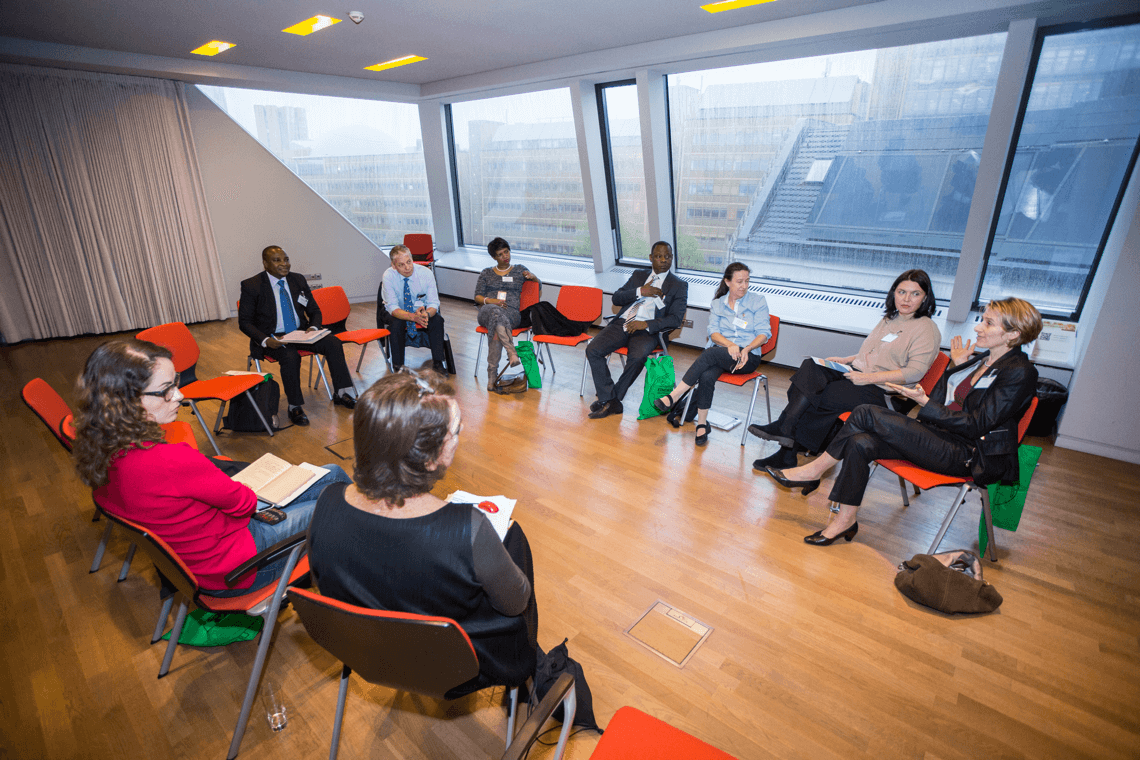
The discussions revolved around the persistent challenges and sensitivities of addressing often-neglected areas and the need for renewed efforts to try to address them. These include, amongst others, safe abortion services, access to information and services for adolescents, addressing sexual and gender-based violence, reproductive cancer, infertility and the role and needs of men and boys.
4. Disadvantaged populations – leave no one behind
hosted by Pauline Anyona, Organisation of African Youth
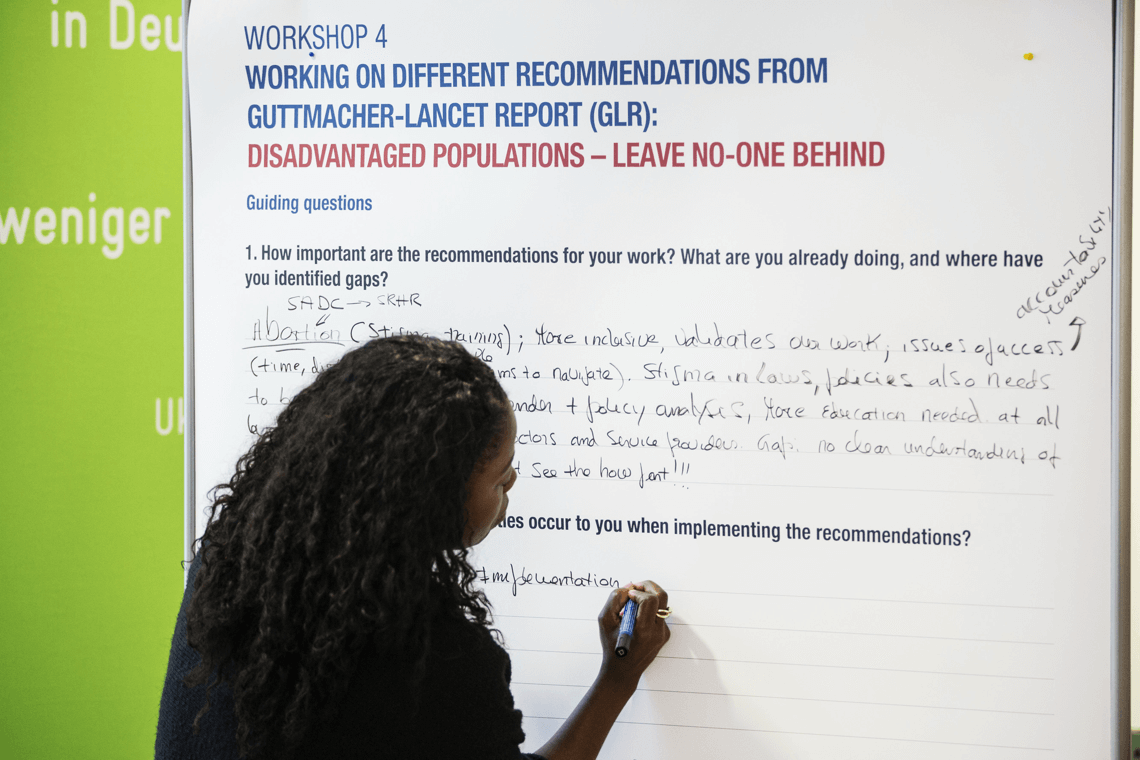
This group considered ways of improving access to quality services for vulnerable and marginalised groups. These include a wide range of people and circumstances - not only adolescents, but the elderly too, as well as displaced people and refugees, people with disabilities or drug users, immigrant or indigenous groups, and the poor and less educated. Participants agreed that such people are not only often hard to reach; they face stigma and discrimination and are at high risk of HIV and other sexual transmitted infections (STIs).
5. Addressing legal and social barriers
hosted by Bob Mwinga Munyati, AIDS Accountability
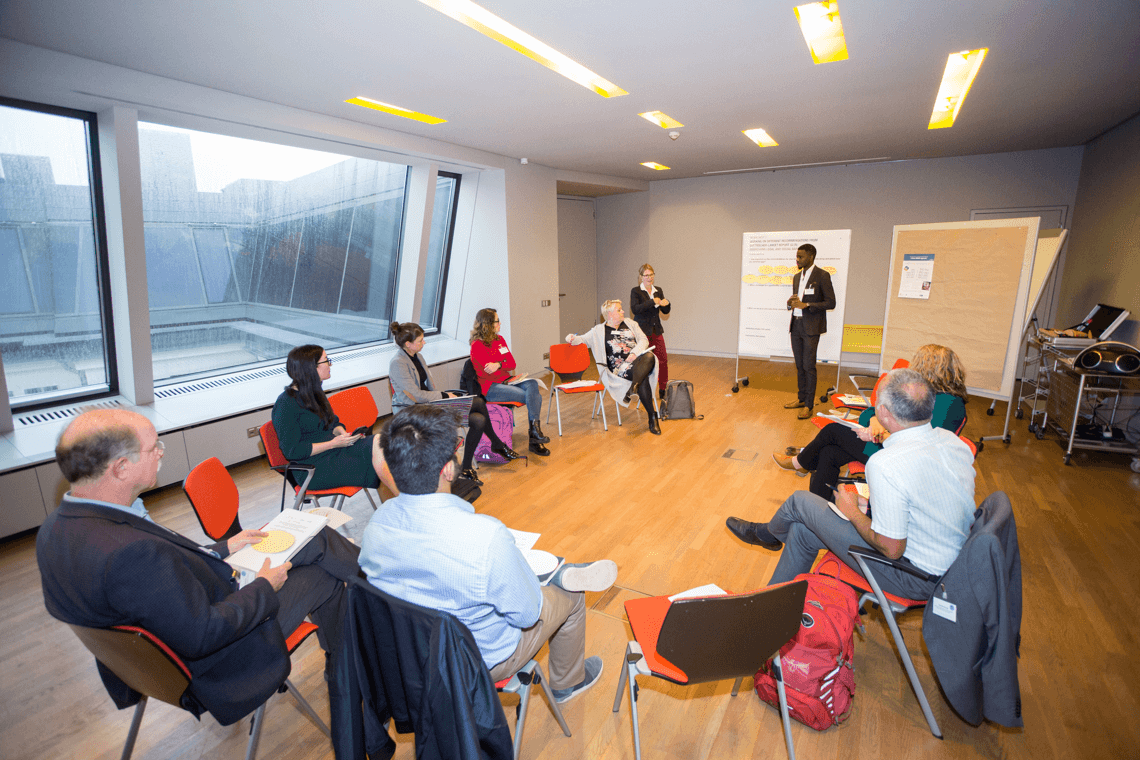
This working group explored ways of changing social norms and coercion by means of engaging with religious leaders, teachers and parents, and also advocating for legal reforms to outlaw child marriage, liberalise abortion laws and promote gender equality. Participants concluded that laws should also be strengthened to prohibit discrimination based on people’s sexual orientations and gender identities.
6. Enhancing research and technical innovation
hosted by Michael Heerde, Bayer AG

This working group considered ways of improving the availability of comparable data on marginalised people such as adolescents, street children, or sex workers. The discussions focused on the need for in-depth evaluations to be carried out on the effectiveness and quality of sexuality education programmes, improving screening for HIV and other sexually transmitted infections and offering low-cost treatments for infertility of reproductive cancers.
7. Increasing accountability
hosted by An Huybrechts, IPPF European Network
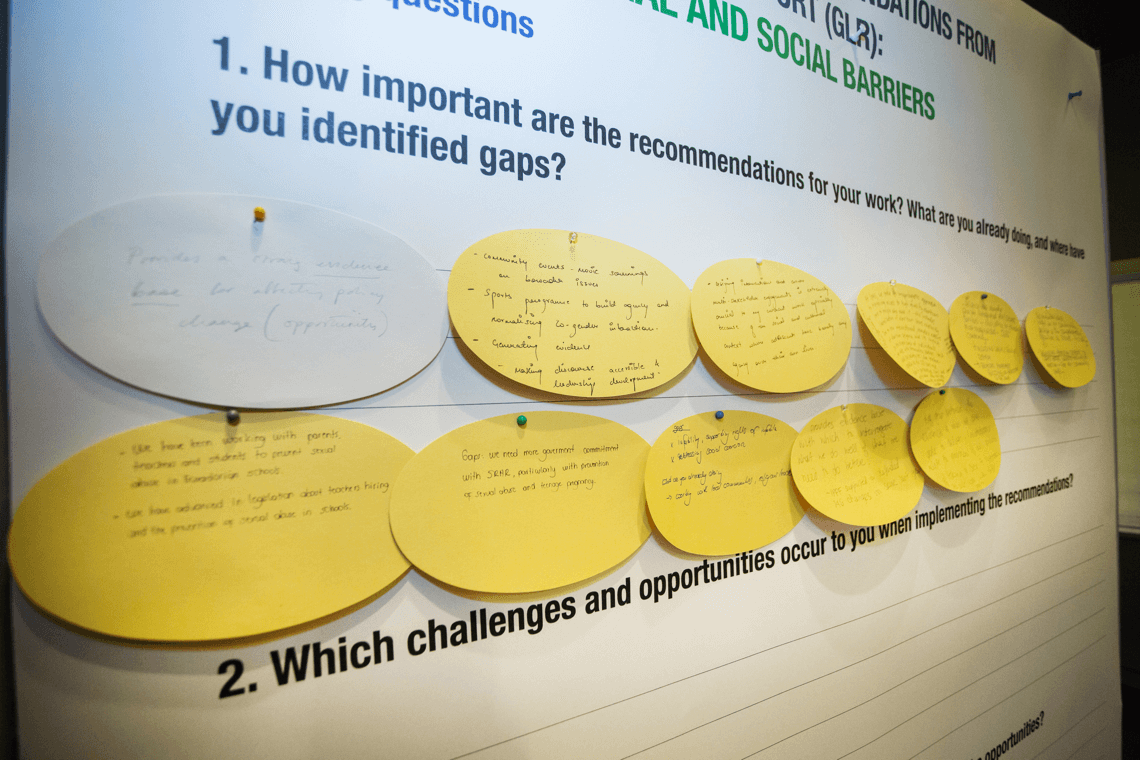
The final working group discussed ways of ensuring that governments and other bodies should adhere to and honour existing commitments under global, regional and national frameworks, such as the 2030 Sustainable Development Goals, Universal Health Coverage and the Global Strategy for Women’s , Children’s and Adolescent’s health. Participants discussed how existing monitoring frameworks can be strengthened to ensure greater accountability.
Opening up the debate
The topics discussed by the working groups were then developed further through a series of ‘Open Space’ sessions, during which participants suggested a further 12 themes for discussion to drill down into the details of the Commission’s recommendations. These sessions covered several wide-ranging topics, including:
- the role of faith,
- the work of SheDecides,
- how to finance the Commission’s recommendations,
- meaningful engagement of youth,
- how to ensure SRHR are recognised at the highest level and incorporated into Universal Health Coverage,
- strengthening human rights aspects of SRHR,
- engaging boys and men and very young girls,
- recognising the ‘demographic dividend’,
- making use of online tracking tools and other digital technology,
- ensuring that everyone receives comprehensive sexuality education,
- and making sure that SRHR are given the highest profile during the ICPD+25 meetings.
